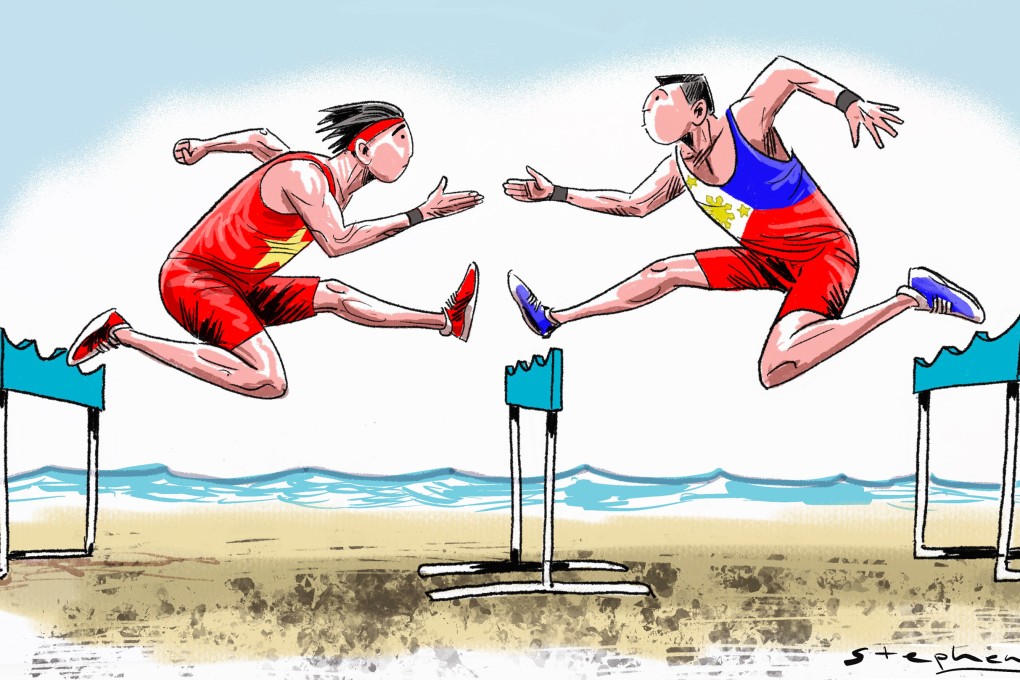Opinion | South China Sea: three barriers to a fully fledged Philippines-Vietnam alliance
- Despite Marcos Jnr’s best efforts, Manila and Hanoi will have to first overcome mistrust, strategic and ideological differences, and their lack of military operational compatibility

Later that month, the Philippine president hosted Vietnam’s National Assembly chairman Vuong Dinh Hue in Malacanang Palace, where his special guest spoke of the need to “do more to enhance the relationships between our political parties and government-to-government and parliament-to-parliament relationships”.
Soon after, the two nations held the 10th meeting of their high-level Joint Permanent Working Group on Maritime and Ocean Concerns in Vietnam, to better coordinate their South China Sea positions and explore cooperation, especially in maritime security.
Adversaries throughout the Cold War, with the Philippines hosting American bases crucial to US operations in Vietnam, Manila and Hanoi forged increasingly cordial ties throughout the 1990s. In particular, the Ramos administration supported communist Vietnam joining Asean, a bloc founded by mostly pro-Western regimes.
